Does Your Mind Wander? Meditation, Attention, & Emotional Resilience
Ok, Ladies & Gents- It’s officially holiday season which means it’s crazy time!
Imagine this: You’re really excited to go out for drinks Saturday night with a new guy you met. He’s attractive, successful, and makes you laugh. He said he’ll text you with the time and place for Saturday. Saturday rolls along and you haven't heard from him. You try to busy yourself with errands and do the things you wanted to accomplish, but you can’t seem to focus. You’re angry, you’re upset. Why hasn’t he called? Is he canceling? WTF?!
Some version of this has likely happened to many of us. Whether it's in our love life, family, or work, we've all been triggered to the point that we can't concentrate on the task at hand. It's time to say goodbye to the emotional roller coaster and get back to focusing on the things we truly want.
How do you do this? By amping up the self-love tools and releasing some of the baggage you’ve been holding on to.
Where do you start? The first step is Mindfulness.
Mindfulness is the ability to voluntarily bring your wandering attention back to your area of focus. It is not simply concentrating on one thing over a period of time, rather it is the ability to draw your focus back.
This is not an easy feat. Most of us allow our minds to wander and are not cognizant of it at all.
In one mindfulness study, 50% of participants reported thinking about something other than what they’re currently doing. In another study, people were most present to the here-and-now during the following activities (in order):
- Sex (I should hope so!)
- Exercise (a distant second)
- Someone talking
- Playing
In contrast, people were least present during the following activities (in order):
- Using a home computer
- Commuting
Oh, that explains why I always wanted to work from home :)
But what's most important is what our minds wander to. In general, our minds tend to wander to the unpleasant. Even seemingly neutral content tends to be shaded with a negative emotional tone. Mind wandering itself seems to be the cause of unhappiness much of the time. In fact, our emotional outlook can change entirely even when the outside situation has not.
Most often people wander to “me stories.” Our inner critic weaves together a skewed sense of self by fitting random stories into something seemingly cohesive, albeit wrong.
It’s these fabricated stories that leave a feeling of permanence behind our ever-shifting moment-to-moment experience.
Leaving out the creative benefits of mind-wandering (which I will get to in another blog!), mind-wandering focuses on ourselves, our lack, and our preoccupations. For example:
- “I have all these things to do today.”
- “I should have said x, not y to that person.”
- “There isn’t enough time.”
Looking at the neurology behind this, the medial prefrontal cortex fires like a mofo as our self-talk generates a background of low-level anxiety. But during full concentration, the lateral prefrontal cortex (a nearby area) inhibits this medial area. Our selective attention turns off the circuit for emotional preoccupation. And, as we know, emotions are a powerful distraction. Case in point:
- Being unable to get work done when a guy doesn’t call
- Being anxious about a job interview and avoiding tasks during the day
- Worrying about your child and being unable to focus on your big meeting
In moments like these, we are emotionally-hijacked.
Our amygdala thinks there’s a threat and hijacks our brain giving us a staticky picture of the truth and a strong emotional response (especially if our concerns involve our relationships).
When we give our full attention to something, we are able to focus on things other than problems, creating emotional resilience. In fact, this is the reason why many people love challenges, dangerous sports, or situations that require complete focus. Oddly, powerful focus brings a sense of peace, and with that, a sense of joy.
Thus, meditation and mindfulness not only help our attention, but they help us to manage our emotions. So, if for no other reason, meditate for emotional maturity, resilience, and health.
Along my journey, I’ve met many creative people. Creativity goes way beyond the arts. After all, we are all creating something! Meditation, mindfulness, and emotional resilience are especially important for those who want to unlock their limitless creativity.
If you’re a creative person or you want your art back, it’s time to reclaim your passion and unlock your limitless creativity. I’m so excited to announce that next week I’ll be sharing a special interview with the internationally-acclaimed holistic violinist, Heather Broadbent of the Online Violin. Together we’ll discuss how to Unlock Your Limitless Creativity. Plus, there’ll be a few special gifts that you won’t want to miss! Putting the finishing touches on it now. I can’t wait to share it with you!
Share your story of Mindfulness and Emotional Resilience in the Comments Section below! I love to hear from you!

